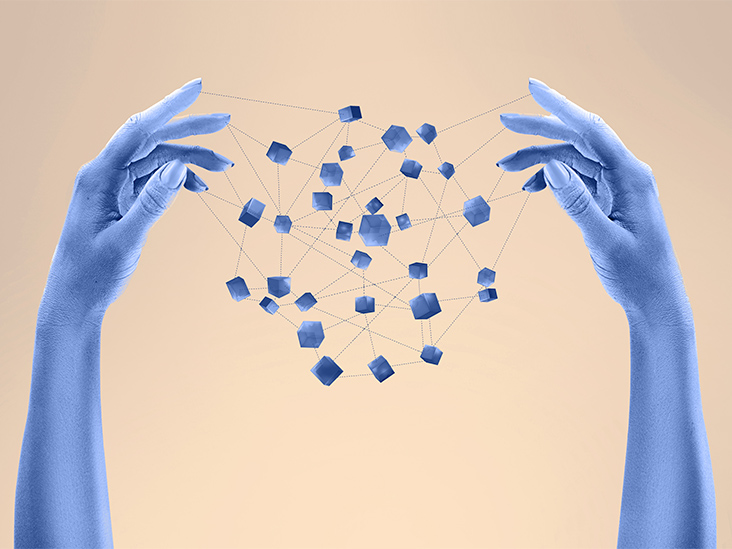Depersonalization and OCD often go hand in hand. In this blog post, we will discuss what depersonalization is, how it is related to OCD, as well as what you can do to get help. If you are struggling with depersonalization, please know that you are not alone. Many people suffer from this condition, and there are treatments available that can help.
Contents
What Is Depersonalization?
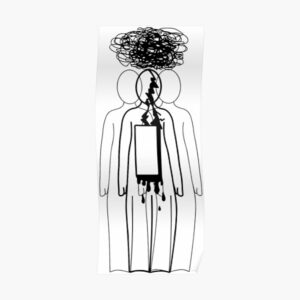
Depersonalization is a feeling of disconnection from oneself. This can manifest as feeling disconnected from one’s body, feeling like one is watching oneself from outside of the body, or feeling like one is in a dream. Depersonalization can be very frightening, and it can also make everyday activities feel surreal and confusing.
What Is OCD?
OCD is a mental health disorder that is characterized by obsessions and compulsions. Obsessions are intrusive, unwanted thoughts, images, or urges that cause distress. Compulsions are repetitive behaviors or mental rituals that someone engages in to try to reduce the anxiety caused by their obsessions. OCD can be very debilitating, and it can make everyday activities feel impossible.
How Is Depersonalization Related to OCD?
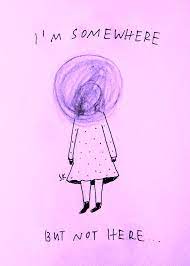
There are two main ways that depersonalization and OCD are related.
First, many people with OCD experience depersonalization as a symptom of their disorder.
Second, depersonalization can be a way of coping with the anxiety caused by OCD. For many people, depersonalization was also a way of dealing with the fear and uncertainty caused by OCD.
It is also a way of numbing myself to the anxiety and making it bearable.
Signs Of Depersonalization
There are a few key signs that may indicate that you are experiencing depersonalization.
- You may feel like you are in a dream or watching yourself from outside of your body.
- One may also feel disconnected from your emotions or like you are unable to feel anything.
- You may also experience derealization, which is when the world around you feels unreal or unfamiliar.
- Everyday activities may feel surreal or confusing.
Causes Of OCD Depersonalization
There are many possible causes of OCD depersonalization. Some people may be born with a predisposition to the disorder, while others may develop it after experiencing trauma or stress. It is also believed that some people may be more susceptible to developing OCD depersonalization if they have a family member with the disorder.
Effects Of Depersonalization On OCD
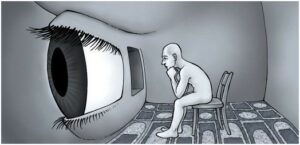
Depersonalization can have several effects on OCD.
- First, it can make the obsessions and compulsions feel less real and less threatening. This can lead to decreased anxiety and fewer compulsions.
- Second, depersonalization can make it difficult to concentrate on obsessions and compulsions. This can further lead to increased anxiety and more compulsions.
- Third, depersonalization can make it difficult to connect with other people. This can lead to social isolation and increased anxiety.
Treatment For Depersonalization And OCD
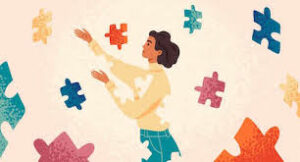
There are several effective treatments for depersonalization and OCD.
Therapy
- Cognitive-behavioral therapy (CBT) is a type of therapy that is very effective in treating both disorders. CBT can help you to understand your thoughts and feelings, and it can help you to change the way you think about and respond to your obsessions and compulsions.
- Exposure and response prevention (ERP) is another type of therapy that can be very effective in treating OCD. ERP involves gradually exposing yourself to your fears and also learning how to manage your anxiety without engaging in compulsions.
- Medication can also be an effective treatment for depersonalization and OCD. Selective serotonin reuptake inhibitors (SSRIs) are a type of medication that is effective in treating both disorders.
Self Help Tips
There are a few things you can do to help yourself if you are struggling with depersonalization and OCD.
- First, it is important to educate yourself about both disorders. This will help you to understand your symptoms and further know what to expect.
- Second, it is important to find a support group or therapist who understands both disorders. This can be a great source of support and further information.
- Third, it is important to take care of yourself physically and emotionally. This means eating a balanced diet, getting enough sleep, and exercising regularly. Taking care of yourself will help you to feel better and further cope with your symptoms.
- Fourth, it is crucial to be patient with yourself. these disorders can take time to treat and there will be setbacks along the way. do not give up hope – recovery is possible!
Conclusion
Depersonalization and OCD are two disorders that can be very difficult to cope with. However, there are treatments available that can help you to recover. If you think you may be struggling with either disorder, reach out for help from a professional. Recovery is possible! Mantra Care also provides accessible psychological assistance from all over the world at affordable rates for your help.
If you are looking for affordable Online OCD Counseling MantraCare can help: Book a trial OCD therapy session
